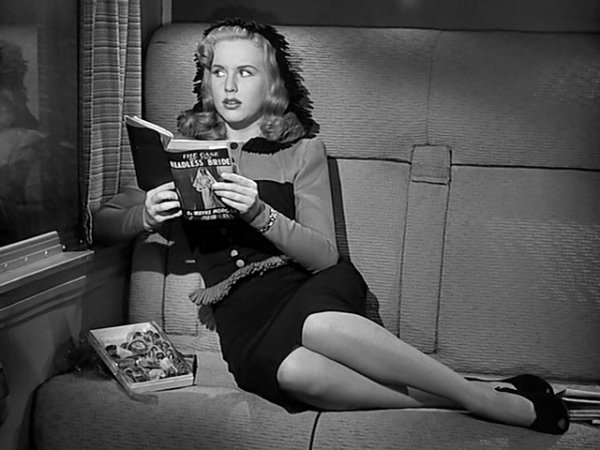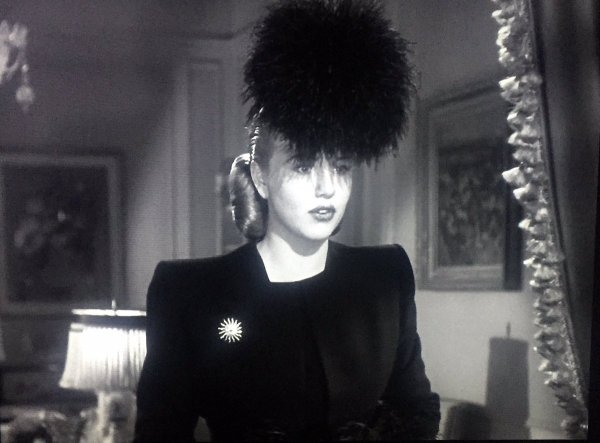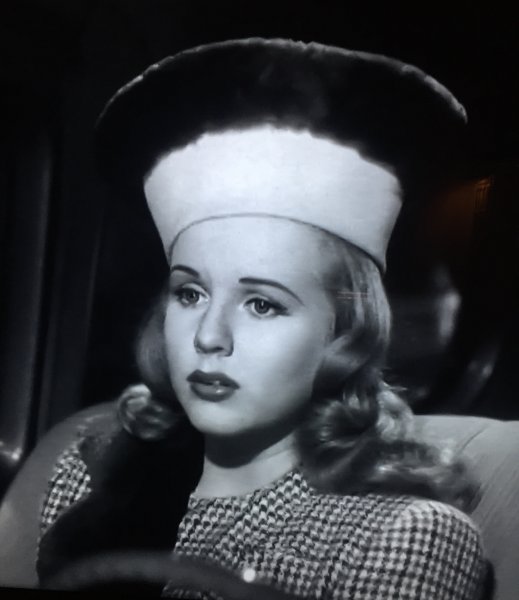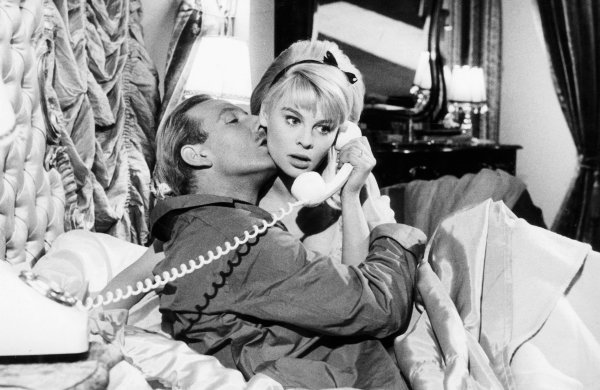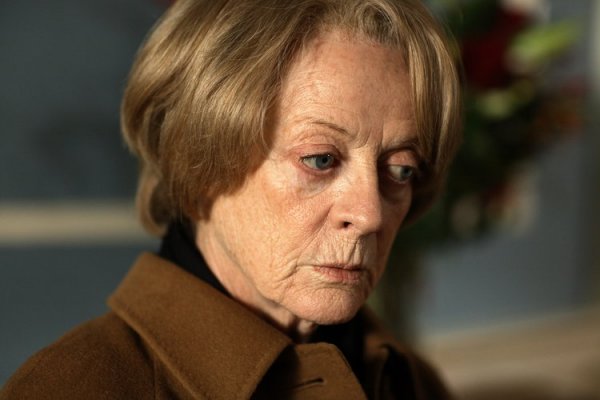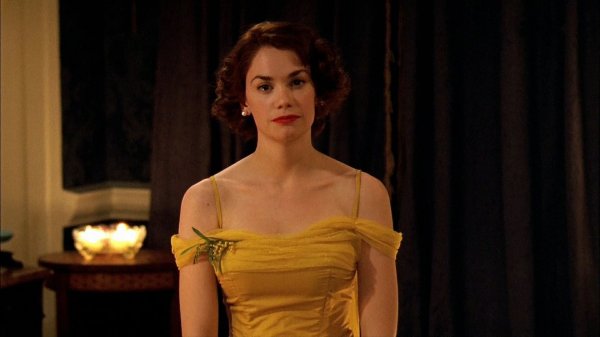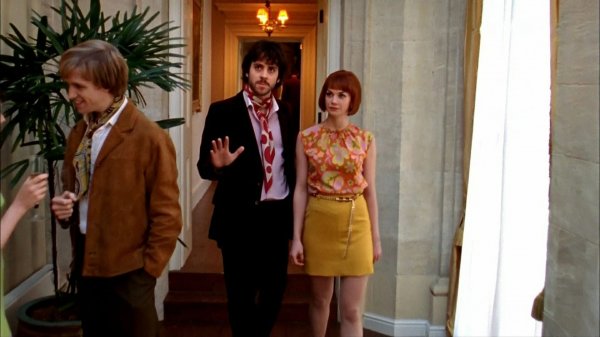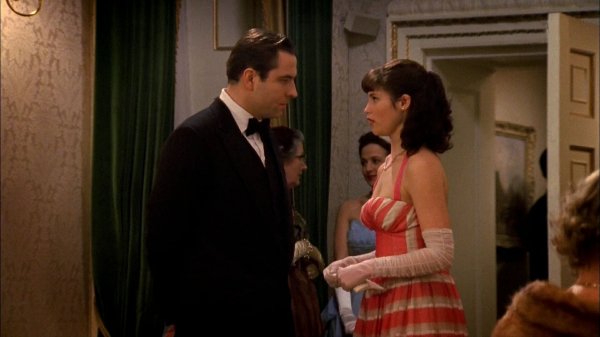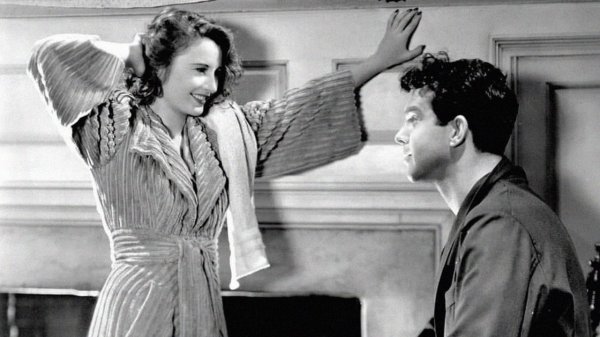Harp
I'll Lock Up
- Messages
- 8,508
- Location
- Chicago, IL US
Die Hard...Family gathering this evening and a nephew had the remote. Apparently this wasted
two hours is the kid's idea of a Christmas family film; then something like Up...Yours? featuring
Leonardo DiCaprio, an end-of-the-world dark comedy which I succeeded voir dire like dismissal
before a sister grabbed the remote and selected some Hallmark like loser with Rob Lowe.
Well, all the more recent holiday Christmas movies seem collectively a bunch of vapid crap.
Call me a curmudgeon but I call a spade a spade. I needed a Christmas Carol with Sim or Scott,
ahhh...Merry Christmas everone.
two hours is the kid's idea of a Christmas family film; then something like Up...Yours? featuring
Leonardo DiCaprio, an end-of-the-world dark comedy which I succeeded voir dire like dismissal
before a sister grabbed the remote and selected some Hallmark like loser with Rob Lowe.
Well, all the more recent holiday Christmas movies seem collectively a bunch of vapid crap.
Call me a curmudgeon but I call a spade a spade. I needed a Christmas Carol with Sim or Scott,
ahhh...Merry Christmas everone.
